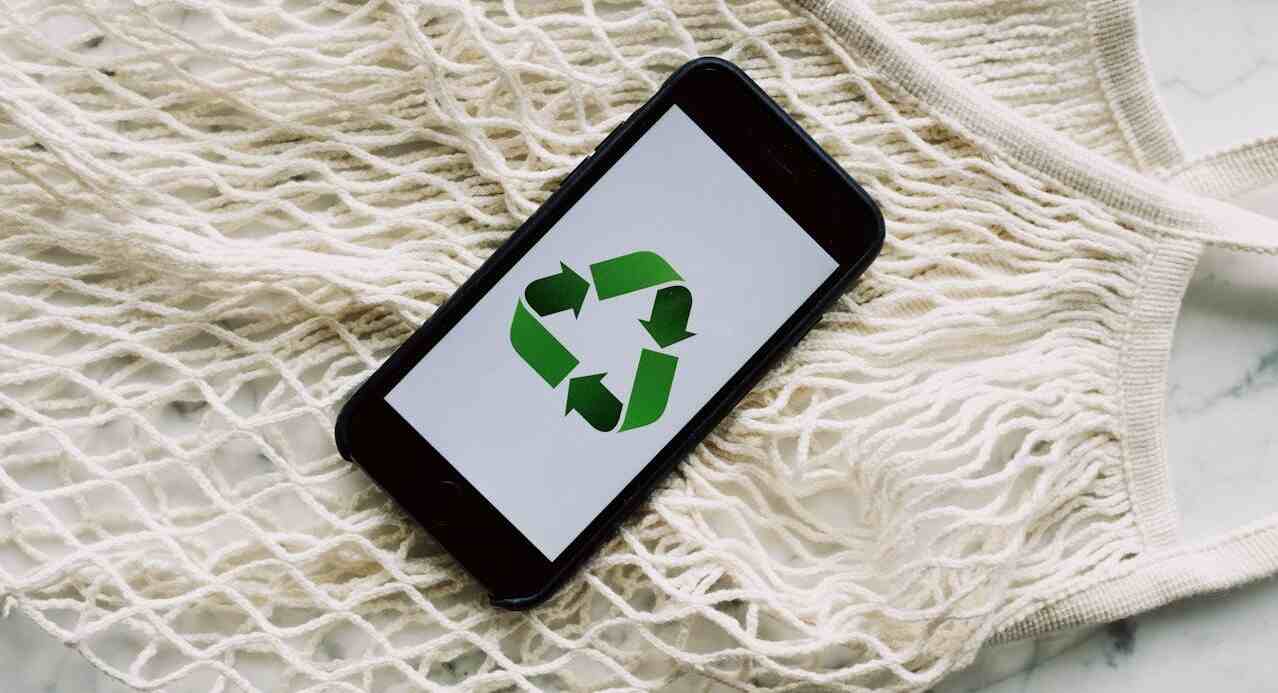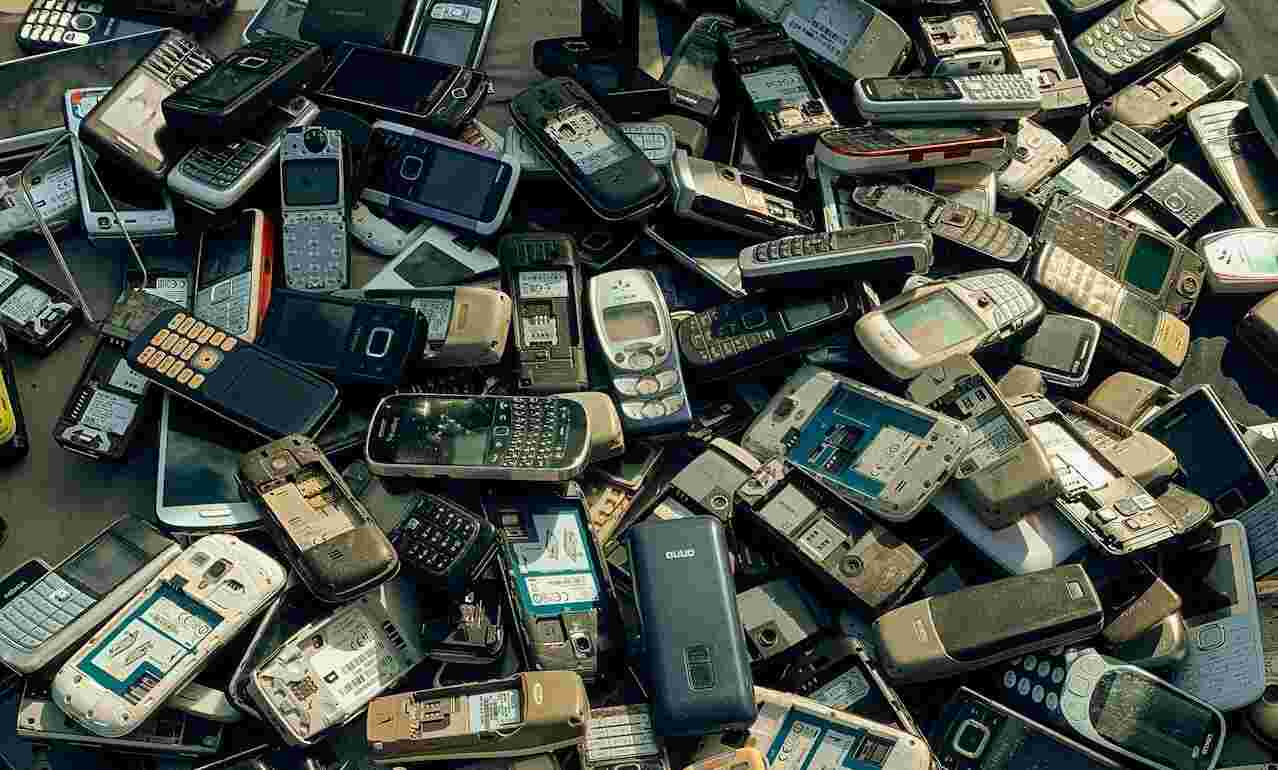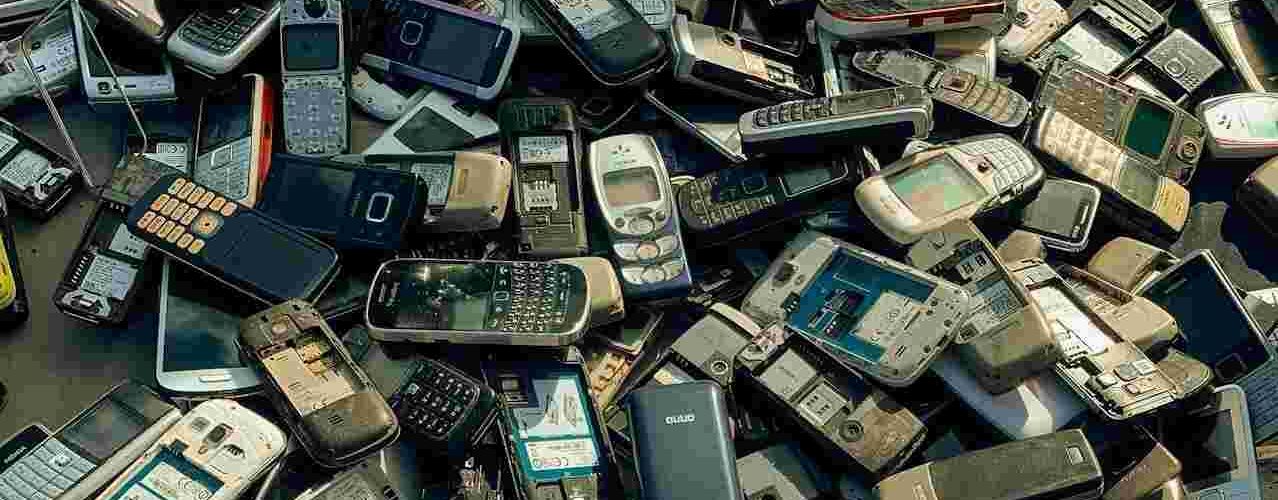As the global demand for electronic devices surges, so does the volume of discarded electronics, presenting a significant environmental challenge for Malaysia. The country is grappling with an increasing amount of e-waste, much of which is either improperly disposed of or handled by illegal e-waste processing factories. Dave Avran, Founder of A Greener Malaysia (AGM), highlights the urgency of addressing this issue by exploring green e-waste processing technology and embracing the circular economy.
“The circular economy offers a promising solution by extending the lifecycle of products and minimizing waste, turning what is considered trash into valuable resources,” Avran said. He emphasized that by adopting this approach, Malaysia can reduce the environmental impact of e-waste while creating new economic opportunities.

Flaws in the regulatory system
Despite the existence of legal e-waste processing factories in Malaysia, Avran expressed concern over their failure to comply with the Environmental Quality Act, 1974 (EQA). He also pointed out the alarming number of illegal e-waste factories operating across the country, which further exacerbates the problem. “The fact that legal e-waste processing factories fail to comply with the Environmental Quality Act, 1974 (EQA) and hundreds of illegal e-waste factories are currently operating in Malaysia raises concerns about the effectiveness of our regulatory system,” Avran stated.
He commended the Royal Malaysia Police (PDRM) for their recent efforts to crack down on illegal e-waste operators, noting that this proactive approach is a step in the right direction. “It is commendable to see the police force actively engaged in rooting out these unlawful activities, with a new raiding team taking action instead of the usual DOE operations that often make headlines,” he said.
The need for a legal framework

Avran emphasized the critical need for a robust legal framework to support the establishment of legitimate green e-waste recycling facilities in Malaysia. Without such a framework, he warned, toxic e-waste could seep into the environment, contaminating the air, soil, and water, and ultimately entering the food chain. “It is crucial that we support the establishment of legitimate green e-waste recycling facilities,” Avran urged. He called for a re-evaluation of Malaysia’s stance on the Basel Convention, a nearly 30-year-old treaty that regulates the transboundary movements of hazardous wastes.
According to Avran, creating a framework that allows green e-waste plants to operate effectively includes permitting the import of e-waste into centralized industrial parks that are adequately guarded and monitored by the relevant enforcement authorities. This would ensure that e-waste is processed safely and sustainably, preventing environmental contamination.
Economic potential of green e-waste processing
The adoption of green e-waste processing technology in Malaysia presents significant economic advantages, according to Avran. He highlighted the potential for job creation within the green technology sector, opportunities for technology transfer, and the economic uplift from licensing and taxation as key benefits. “The economic advantages of legalizing and monitoring proper green e-waste processing are substantial,” Avran said. He also pointed out that advancements in green technology could enable the remnants from e-waste processing to be repurposed into construction materials, such as bricks and tiles, reducing the depletion of natural resources.
However, Avran cautioned that without a sufficient volume of e-waste to process, these green facilities cannot survive. He urged the government to take decisive action to ensure that legitimate e-waste processing becomes a viable and sustainable industry in Malaysia. “It is imperative that Malaysia take action to ensure that legitimate e-waste processing is both viable and sustainable,” he concluded.











